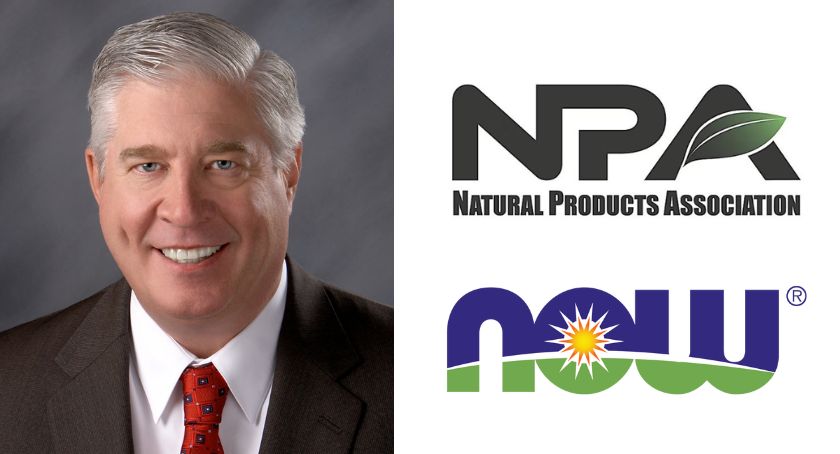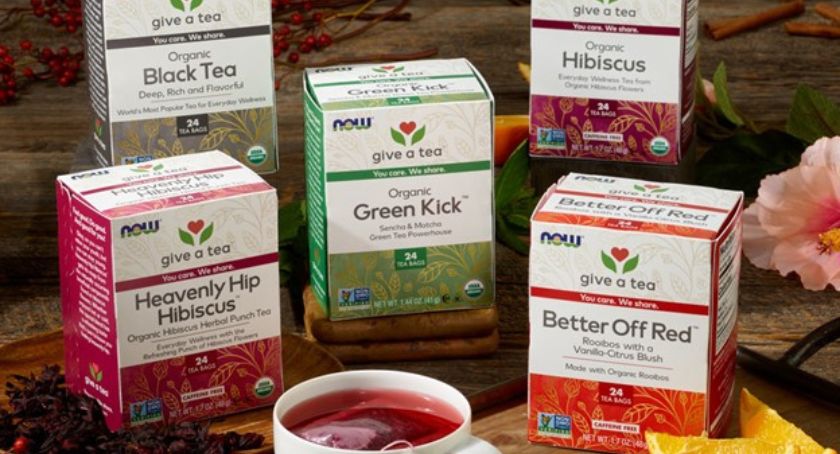Market Updates
A Third of Canadians Regularly Purchase Natural & Organic Foods and Beverages
Around 20% of adults under age 44 regularly buy organic groceries, compared to only 12–13% of those age 45 and older.

By: Sean Moloughney

Just over a third of Canadians either regularly purchase certified organic foods and beverages or seek out “all-natural” foods and beverages, according to survey data published by market research firm Packaged Facts. The Canadian organic and natural foods and beverages market managed an impressive compound annual growth rate (CAGR) of more than 9% between 2009 and 2013, well above the annual growth rate of 3% seen for all retail food sales.
The findings are featured in the recently released report Natural and Organic Foods and Beverages in Canada, which can be found here.
The reasons Canadian consumers purchase natural and organic foods and beverages can be broadly grouped into three distinct categories: simplicity, health, and source. Packaged Facts survey found that 80% of organic grocery shoppers felt humane treatment of animals was important or very important to them. Another 75% agreed or strongly agreed with the statement that it was important to them for groceries to be non-GMO. Health-wise, the survey showed 59% of respondents were seeking out natural foods with nutrients targeting specific health concerns. Organic grocery buyers are also strong believers in the quality of store brand groceries, and believe protein is a very important part of their diet.
There is a clear inverse trend between regular organic grocery purchases and age in Canada. Around 20% of adults under the age of 44 regularly buy organic groceries, compared to only 12–13% of those age 45 and older. These survey results suggest organic and natural food and beverage marketers should be focusing on Millennials for future sales growth, notes Packaged Facts research director David Sprinkle.
Looking ahead, significant opportunities exist for organic marketers, particularly for specific product segments such as coffee by combining organic with fair trade claims, and baby food by focusing on new Millennial parents to create a potentially life-long brand loyalty. Chinese and South Asian ethnic groups will also be a key demographic going forward, especially for organic chicken. Marketers promoting their foods through different types of natural claims should focus on using a number of different and non-competing natural claims, particularly Certified Humane and containing no genetically modified organisms (GMO), which resonate very well with consumers and provide considerable market differentiation. Every indication points to Canadian consumers continuing to prefer natural and Certified Humane claims for meat products, particularly with South Asian and Chinese consumers.
GMO-free claims in particular will continue to be a strong selling feature with Canadian consumers for organic groceries as well as natural products. Historically, GMO has not been a primary concern for most consumers in Canada. However, this viewpoint is clearly changing, and almost 20% of the new organic and natural foods and beverages introduced in Canada in 2014 and tracked by Packaged Facts also made a claim to being GMO-free. Retailers are also picking up the trend, particularly in British Columbia where organic producers are very common.




















